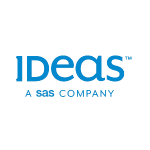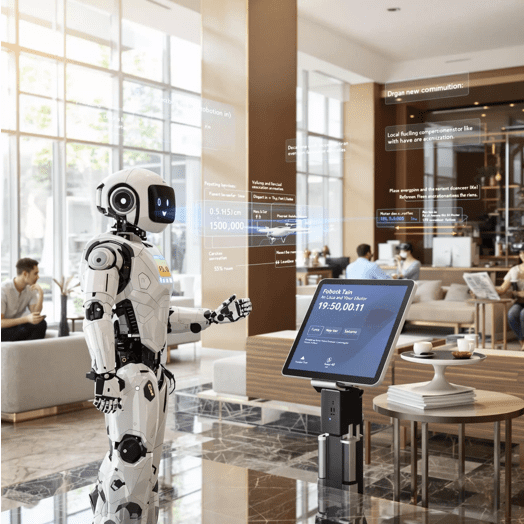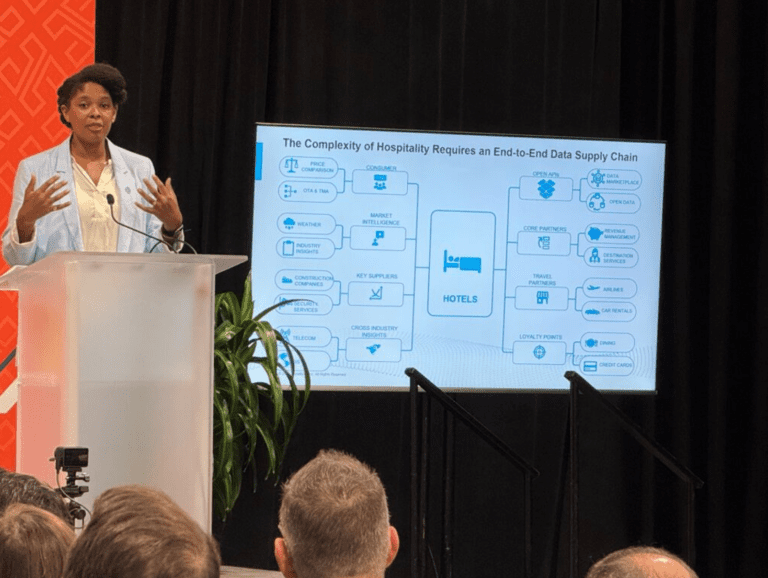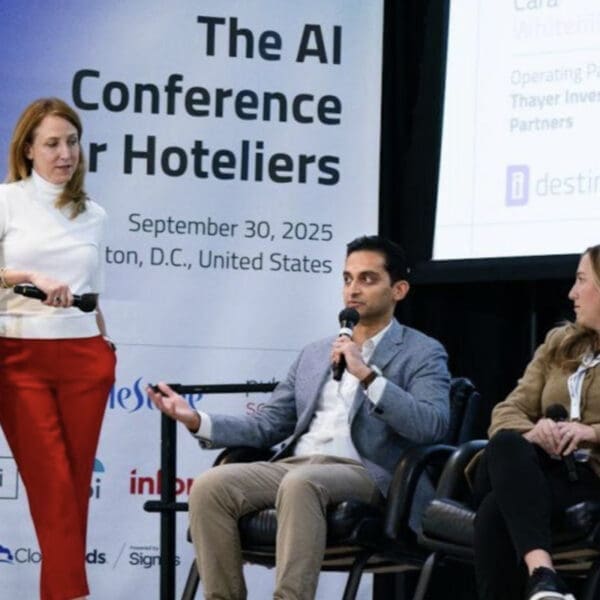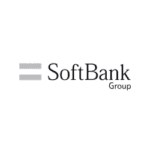 In the hotel sector, people are important. From being able to talk guests through the local attractions, to understanding if they are an early-riser and would prefer a sunrise view, human interactions and personalised experiences are critical to ensuring a guest has a positive stay.
In the hotel sector, people are important. From being able to talk guests through the local attractions, to understanding if they are an early-riser and would prefer a sunrise view, human interactions and personalised experiences are critical to ensuring a guest has a positive stay.
In October, I attended ITB Asia in Singapore where the innovation of AI and chatbots appeared in many presentations. While voice-assistant technologies such as Alexa, Google Home and Siri are not new to guests, and robotic concierges have become common in many properties, some hoteliers are still apprehensive of new technologies, such as AI, entering the market.
As human interactions are critical in the hospitality sector, helping to create and foster guest loyalty, new solutions that aren’t delivered by a human are not quickly adapted by some sections of the hotel sector. However, what all hoteliers need to realise is that AI-enabled technology has many benefits, especially when it comes to revenue management automation.
AI is no longer a ‘nice to have’ option
Professionals from many different fields, including the hotel sector, use AI for predictive analysis and interpretation. Those reluctant to adopt advanced automated systems need to understand that in the age of big data, AI and machine-learning systems are not just a ‘nice to have’ for hotel revenue managers; they are business-critical systems.
Any revenue manager working without the support of an analytical revenue management solution will find themselves overwhelmed by the sheer volume and complexity of data. Forward-looking predictive analytics, embedded in today’s advanced revenue management systems and supported by AI, help hoteliers uncover emerging trends and better identify revenue opportunities.
AI, combined with data analytics, enables the automation of many daily revenue management tasks. For instance, the production of various daily reports takes more and more time given the volume of data being gathered by hotels and the need for increasingly detailed analysis. As the amount of time devoted to these ongoing reports grows, it can take away from other more important pricing decision tasks.
The data analysis methods employed by AI are becoming increasingly sophisticated and more accurate. This allows AI to play a greater role undertaking repetitive tasks and generating analysis that can be used as the basis for critical pricing decisions.
Targeting market segments through AI
AI can be applied to different research tasks, such as generating specific market segments, which can reveal the implicit correlation between customer information and preferences. Traditional hotel revenue management systems are based on a pre-set market segmentation model for future demand forecasting and management. With AI, more advanced revenue management systems automatically assign attributes to more detailed rate code levels to generate its own forecast group, based on both attributes and historical booking patterns.
For example, two market segments may have the same attributes, and may be grouped together. Meanwhile, the system may place them in two different forecast groups after analysing their booking patterns and finding they differ greatly regarding the timing of when the business books. The advantage of doing so is to divide the forecast group as much as possible according to the actual business attribute and behaviour pattern, rather than only relying on the existing market segmentation system, which may be wrong, resulting in an inaccurate forecast.
Also, with AI and a machine-learning algorithm, the revenue system can evaluate the nearest competing hotel’s demand level, competitor pricing, destination special events, room type, and so on. Demand forecasts provide critical information for pricing decisions for each market segment or room class and can help revenue managers to select appropriate distribution strategies, as well as explore what customers want and describe their price sensitivity.
A helping hand with pricing efficiency
An intelligent, data-driven revenue management system can greatly improve pricing efficiency. For example, in some international hotel groups, the machine-learning-based revenue management system combines different strategies and data sources to set a best available rate for each room class on each date. The algorithms behind this dynamic pricing engine take into account both customer profiles, room types and prices, as well as external data, such as competitor prices, reputation score data and even booking patterns captured on other websites.
Controlling inventory with AI
In addition to pricing, another important aspect of revenue management is inventory control. The key point of revenue management is optimising revenue and profit through proper pricing and space controlling of hotel rooms, meeting space, restaurants and other entertainment areas. Revenue managers seek to capture the opportunity to increase prices and maximise revenue on high-demand dates while maximising occupancy on low-demand days. In this case, the AI-based, advanced revenue system can automatically make decisions and select the revenue strategies applicable to different market segments.
While hotels have managed inventory through manual controls for decades, today’s advanced AI-powered revenue management systems deploy an automated inventory strategy that not only improves profits, but productivity as well. A value is assigned to a particular day that optimises the available demand in the market. This analytically-derived value helps determine the optimal business to accept and maximises shoulder-night performance so longer length of stays aren’t turned away over high-demand nights. Hoteliers can thus optimise rate availability through channels like voice reservations, booking engines and OTAs.
There’s no replacing human decision-making
Hotel revenue managers should not panic about being replaced by robots. No matter how advanced the AI-powered revenue management systems get, they will always require human interaction and direction to get the best results. Hotel revenue managers should embrace AI technologies to progress non-critical, repetitive tasks and to help free their time to concentrate on areas where they can add more value to their hotel, such as developing forward-looking strategies to enhance profit performance.



